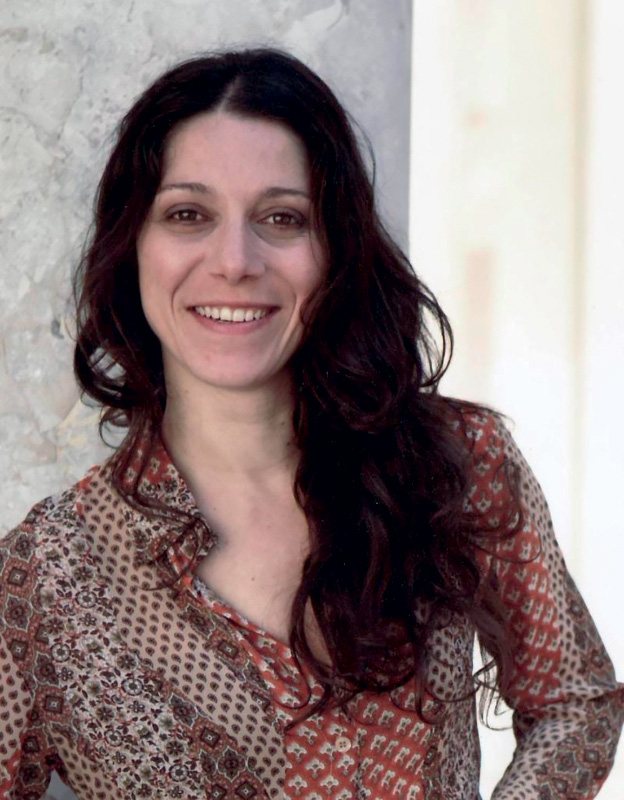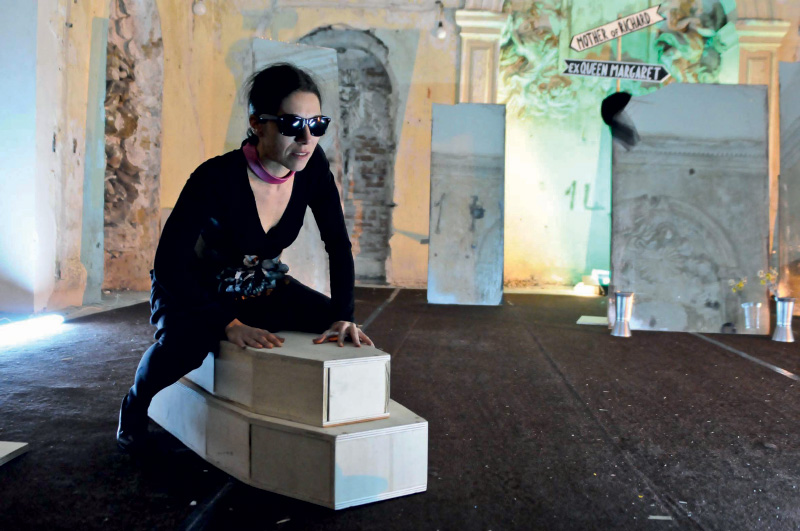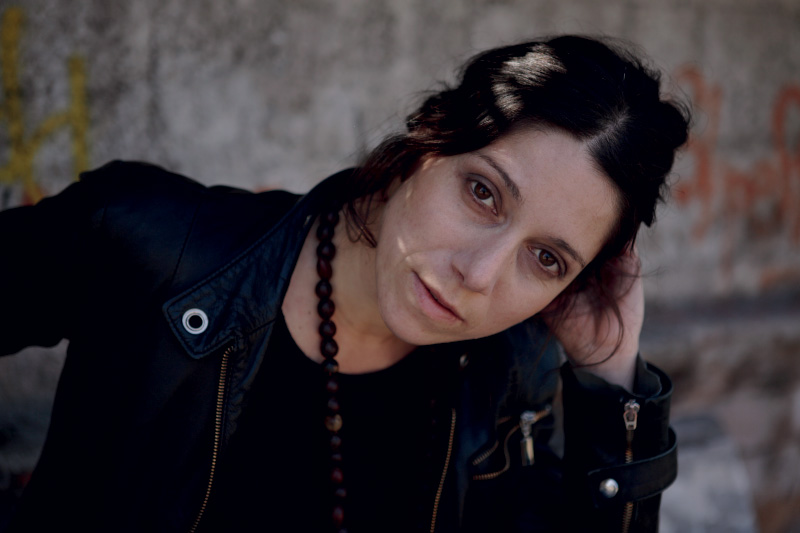Native of Palermo, Simona Malato manages to overpass the boundaries of Trinacria and establishes herself as actress in the National panorama. She is used to cooperate with big brands of the film setting, such as Giuseppe Tornatore and Raùl Ruiz, besides boasting an education of international appeal. She directed and performed the show “Insomnia 6 a.m. Girl”, winner of the best show (and she as best actress) at the TXT Blog Theater Festival of Graz (Austria). Since 2007, she’s been actively on tour through Italy with her acting company Bogotá, with the aim of spreading theatrical art. We chatted with her and retraced the most significant landmarks of her artistic experience.
What was your first approach towards the world of theatre?
I’ll never finish approaching the theatre, getting intricated in its plots, getting lost and found again thanks to theatre. At the age of eighteen I dreamt of becoming a psychotherapist, I studied to become one. Then theory suddenly wasn’t enough for me any longer. I found myself on a stage within a theatre, with lights, wings, a script. A world that didn’t leave space for anything else.
Who was your mentor?
Intuitively I would say Palermo. Yes, a city, the city of my artistic birth. It often happened to experience it by night in the traffic of lives and cars, when I was half- awake, full when scorched by summer, and empty. This city adopted and looked after me, and here’s where I had my encounters. The cruel and sweet poetry of a great Master like Franco Scaldati bedazzled me and gave me a “vision”, a point of view regarding art, reality and their passionate connection. Theatre always excites me, when it tells me stories that thread their way through inside of me. As if my body was full of sand and they would cut through, open by tracing paths. Mentor is whoever did this to me.
How much of your region of origin is included in the performances you put on stage?
I am Sicilian and I watch the world with this point of view; the one of a woman, who chose to live in her region and leaves every time she can, moving as far as possible, but cannot help coming back. I often dealt with performances where I played in my language of origin, which is Sicilian. A very sweet and elegant as well as direct and rough language. I’m now teaching my daughters.

What did it mean to work with a director of the likes of Giuseppe Tornatore?
A really pleasant experience. He, Tornatore, teaches a lot of his expertise simply with a look, with a word said to you, to the costume designer, to the photography director, to the staff, and I was like a sponge with open eyes and ears and senses within that dream machine called cinema.
Where does the idea of giving life to the acting company “Bogotá” come from?
Bogotá arises from a wish of independence, to continue projects that are transversal: theatre, education, and writing. It’s a home where to go back to after journeys with other partners. It’s a path parallel to other thousand ones.
Carmen Consoli, Emma Dante and Simona Malato, three Sicilian women in three different artistic roles: singer, director and actress.
On that occasion, I met Carmen, a beautiful artist, very funny and rich woman, on her concert introducing texts of another great, colourful and rough artist, Emma Dante. Their styles are so different but complementary at the same time, and intersected within my body. The work Emma asked me to do is very physical and extrovert: a Carmen Consoli concert in Opera houses all over Italy for an audience that is different from the one choosing theatre. The three women I performed are three small ex- plosions, like small pieces of Sicily.
Your future projects?
One in particular I do care about a lot is a project dedicated to new generations, an Antigone narrated to children. “Parole e Sassi” (Words and Stones) is a projects edited by Letizia Quintavalle (Teatro delle Briciole in Parma) as for artistic direction. Three years ago, she wanted to build a collective of nineteen actresses that tell this tragedy to children, each in her own region.
Simona Malato and her relationship to coffee?
Nocturnal! However, only together with my mother. In our family, there is a custom that astonished all of my friends, even those who are great coffee drinkers. At my mother’s house you drink coffee before going to bed; after dinner, you talk and spend time together until late, even very late, and then it’s time to make coffee again; one last thing before going to sleep.

Song suggested to read this article: Pink-O-Boogie – Ry Cooder

